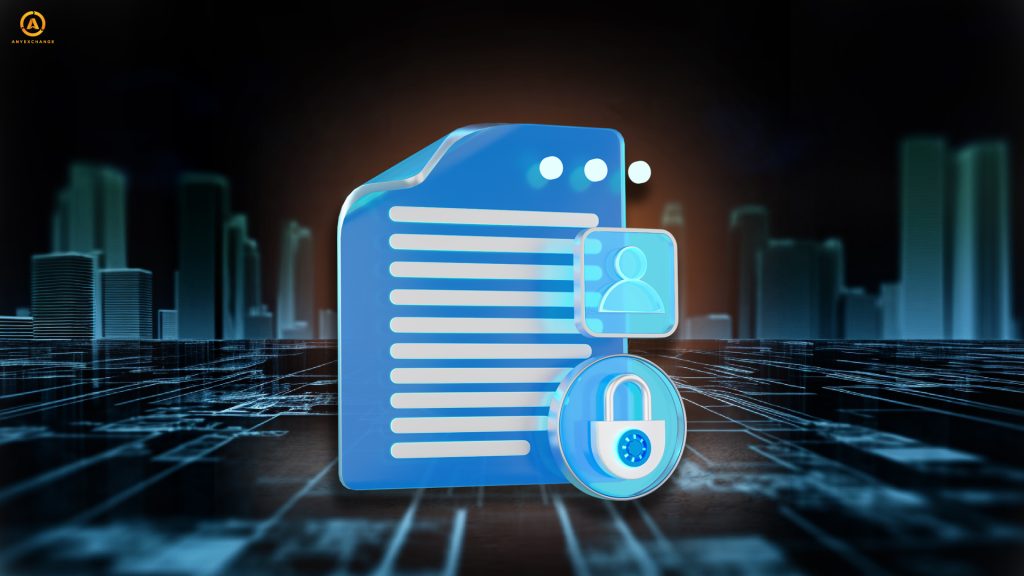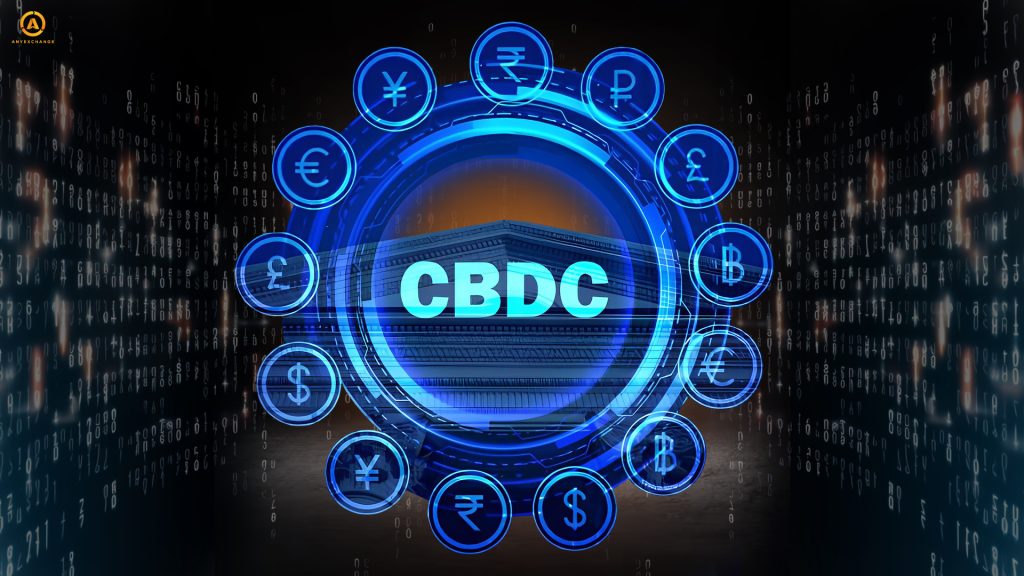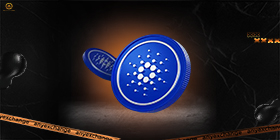
Billions of people on the planet are constantly using money, making transactions, making investments, and the global financial industry handles trillions of dollars in cash flows every day. The traditional financial systеm serves the vast array of documents and capital flowing through it with varying degrees of success. And the international economy, based on the principles of the classical financial systеm, feels all its problems. Massive document flow, low speed of transactions and high costs are true companions of centralized financial mechanisms. Their insufficient security, due to lack of transparency and the presence of a large number of intermediaries, increases the risk of fraud.
The era of fintech innovation has clearly demonstrated the heaviness and instability of the traditional systеm. The application of blockchain technology in finance has served as both an irritant and a catalyst for the development of TradFi. The effectiveness of blockchain technology has already been proven through successful implementation, and the traditional financial market is poised for major changes.
How are financial services being transformed by blockchain innovation in traditional markets? What kind of tools are being implemented? What are the benefits of integrating a decentralized financial systеm with classical mechanisms? Why do experts believe that the principle of decentralization is akin to a revolution in banking? Let’s try to answer the questions in this article.
Conditions for the innovation
To date, the financial sector of the global economy is the most active in the development and implementation of blockchain technologies. The potential of applying the distributed ledger concept in finance is limitless.
The giants of the fintech sector (banks, payment systems, auditing, insurance and consulting companies, stock exchanges, etc.) have started to introduce blockchain tools into their business. And quite successfully.
The main problems of the traditional financial market are:
Blockchain transactions are superior to traditional financial transactions in terms of transparency, security, speed and cost efficiency. According to Morgan Stanley’s analytical data, a full-fledged blockchain implementation can cut banks’ costs by almost half. The number of commercial and state-owned banks adopting decentralization technologies is steadily increasing. Blockchain integration can solve the sector’s problems by optimizing business processes, improving the way information is stored and transmitted, and applying advanced security and encryption technologies.
What innovations have already been successfully implemented and proven?
Optimizing cross-border payments

Improving the banking infrastructure for cross-border payments is one of the disruptive innovations that blockchain brings to the traditional financial systеm. Cross-border transactions have always been costly and time-consuming due to multiple intermediaries (banks and clearing houses), different rules and currency conversion. The blockchain principle removes intermediaries from the transaction chain, thereby increasing speed and transparency, reducing the cost of fees and allowing businesses to access global markets quickly and easily.
The blockchain and payment systems Ripple, RippleNet, Stellar and IBM Blockchain World Wire are successful demonstrations of the use of decentralized technologies for low-cost, real-time international payments.
Smart contract implementation

Smart contracts in finance enable the automation of complex financial transactions (e.g. derivatives or securities), thereby reducing the need for intermediaries. They are self-executing contracts whose terms are defined directly in code. Smart contracts provide security and transparency because their terms are visible to all parties to the agreement and cannot be changed once agreed upon.
Ethereum is one of the platforms that allows for the creation of smart contracts. Blockchain platforms for finance, such as MakerDAO, use Ethereum smart contracts to provide DeFi services.
The implementation of blockchain solutions allows for the implementation of smart contracts with a variety of scenarios, particularly with the automation of invoicing and payment of invoices when certain conditions occur. An example is the fully automated we.trade platform (developed by IBM), which can be used to manage banking products at all stages of the trading process.
Digital currency issuance by central banks

Governments around the world are becoming increasingly open to blockchain technology, and regulation of the cryptocurrency market is one of the top issues on lawmakers’ agendas.
More than 100 countries are currently exploring the issuance of central bank digital currencies (CBDCs), indicating growing public sector confidence in blockchain and a willingness to decentralize banking at the highest levels. The National Bank of Ukraine is preparing to conduct a second digital hryvnia (e-hryvnia) experiment in the second half of this year. As part of the pilot project, the NBU has sent out invitations to banking and non-banking institutions to participate in the test, which will determine the demand for such a form of money among the population and the potential volume of issuance. It is also planned to test offline payments with digital money.
Benefits of interoperability between the traditional financial systеm and blockchain
Enhanced security
The immutable nature of blockchain inherently makes it a robust tool for security and fraud prevention. A transaction recorded on the network cannot be altered or deleted. In addition, the consensus protocol requires parties to agree on the validity of a transaction before it is recorded. Blockchain solutions guarantee the security of data by encrypting it using state-of-the-art methods and decentralized storage, ensuring that the risks of cyber threats are minimized.
Increase the speed and reduce the cost of payments
In a traditional banking systеm, it can take 3-5 days to make an international payment, as cross-border transfers go through correspondent bank accounts and conversion and clearing procedures. The fee for such a transaction can be 5-10%. Blockchain technology, due to its technical advantage and minimization of intermediaries’ involvement, allows sending funds in a few seconds and with minimal commissions.
Optimize internal business processes
Financial organizations that use decentralized tools to optimize the work of their departments are able to significantly save time and labor costs of employees, which will have a positive impact on the expense part of the company’s budget. A transparent systеm of internal document flow and accounting will create more trust in the team and increase motivation.
Simplify securities transactions
The traditional approach to securities trading implies complicated procedures of their accounting, confirmation of ownership rights, price updating with a large number of participants accompanying the transaction. The use of a real asset tokenization tool makes it possible to conduct transactions with RWAs (in particular, digital securities) faster, cheaper, safer and without the involvement of intermediaries.
Increased liquidity
The Real World Assets (RWA) tokenization mechanism will create the conditions for increased liquidity by enabling participation and making previously illiquid assets available.
Creation of a value chain
The data in digital decentralized ledgers includes the authentication of a product and the full history of changes in its status. In this way, blockchain technology creates a complete, transparent and trustworthy value chain of goods and services.
Real-time auditability based on trusted data
Because data on the blockchain is chronological and cannot be altered, it provides a reliable source of information for audits conducted for any purpose at any given point in time.
24/7 accessibility from anywhere in the world
Blockchain is not bound by traditional business hours and is accessible regardless of the user’s location.
Challenges to implementing blockchain in the financial systеm
Prospects for the interaction between blockchain and the traditional financial systеm
The integration of decentralized financial technology into the traditional financial systеm is still at the beginning of its journey. The successful application of blockchain and the realization of its potential depend on the cooperation between regulators, financial institutions and technology developers. Experts predict that the adoption of blockchain technologies in the financial sector will intensify once the status of digital assets is defined at the state level and tax rules for transactions with them are adopted by law.
In any case, we see that blockchain technology has brought a strong impetus to innovation and determined the renewal of the format of interaction between participants in the global financial systеm. Experts expect that over the next few years we will feel positive changes from the merger of advanced technologies and traditional experience.
Thank you for your attention to our article.
AnyExchange is a cryptocurrency exchanger that has been successfully operating in the international financial market for more than 5 years. With the help of our service you can convert digital assets and fiat funds at the most favorable exchange rate Worldwide money transfers (both electronic and cash) are available on the website.






